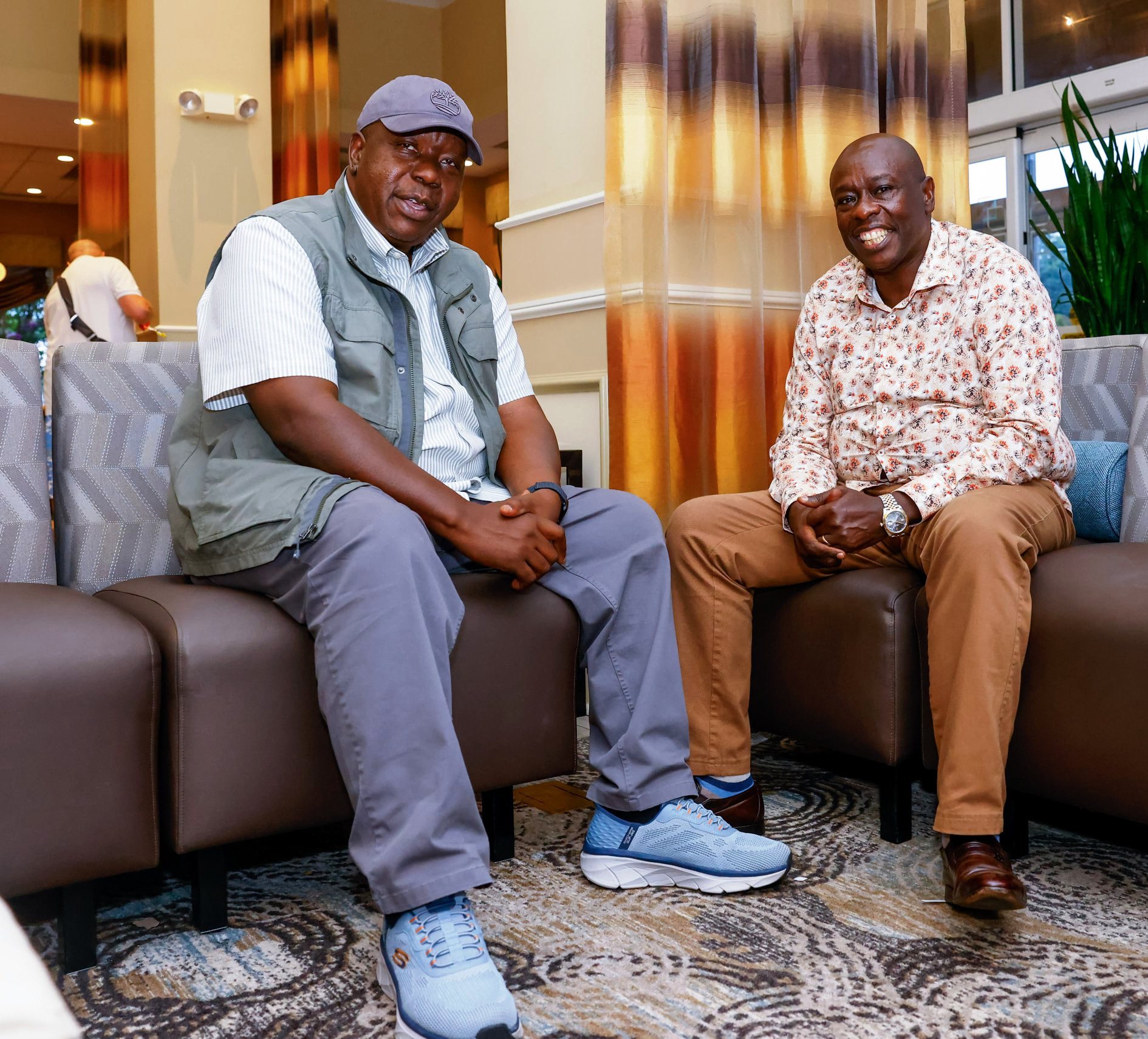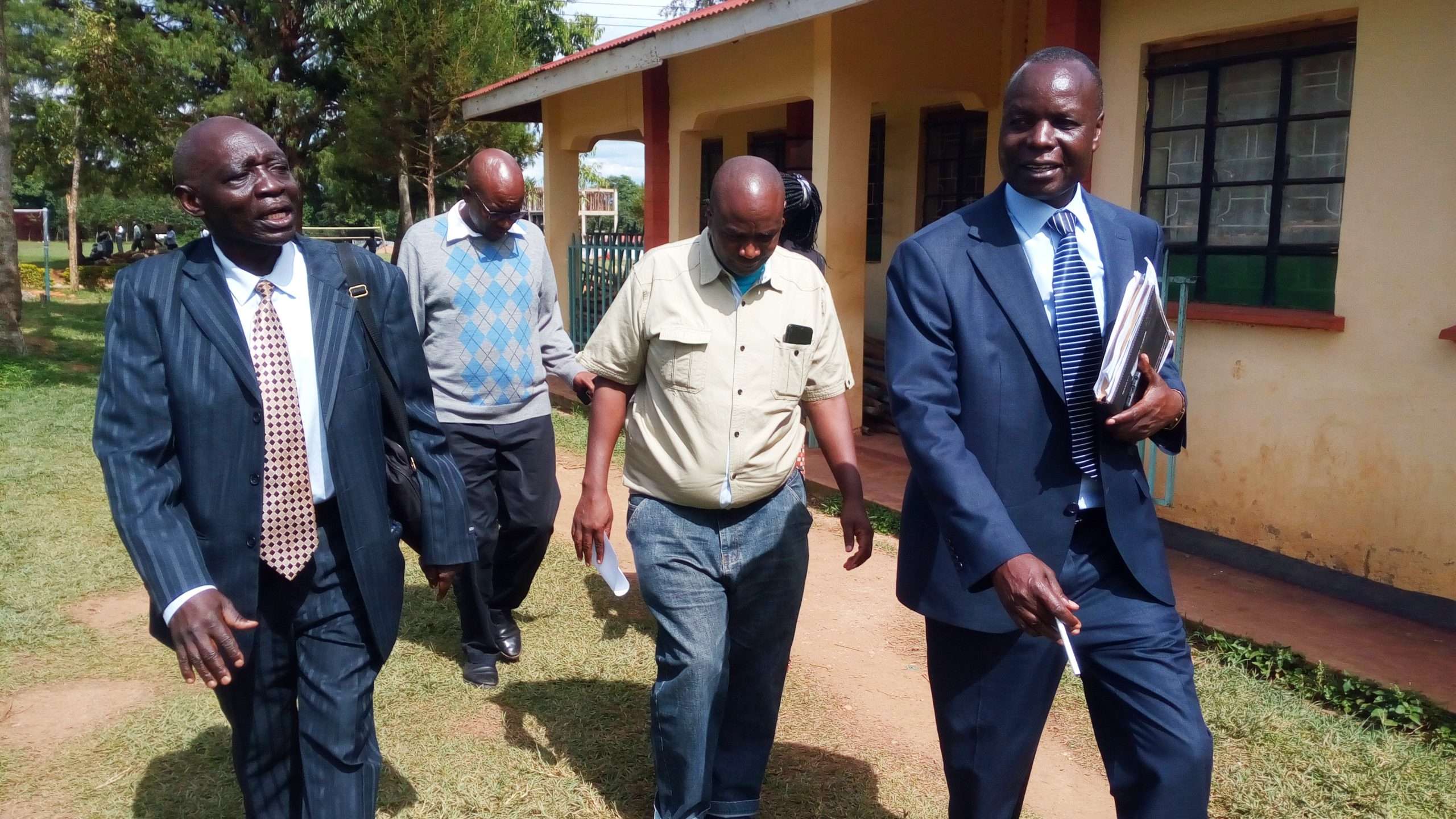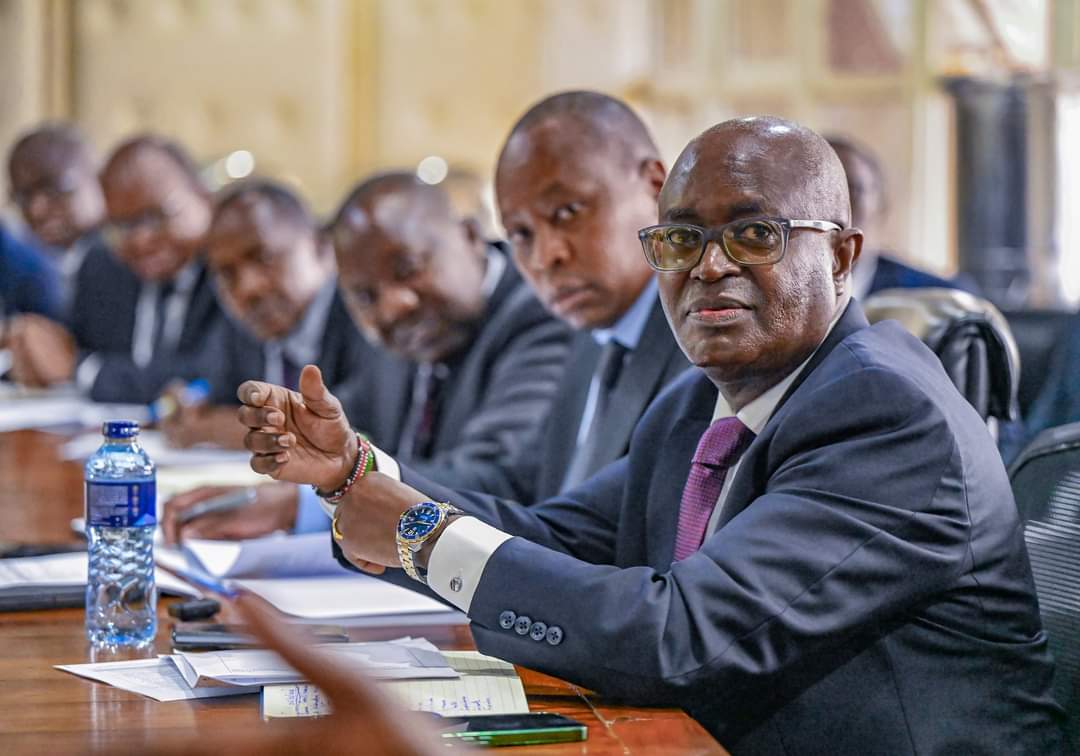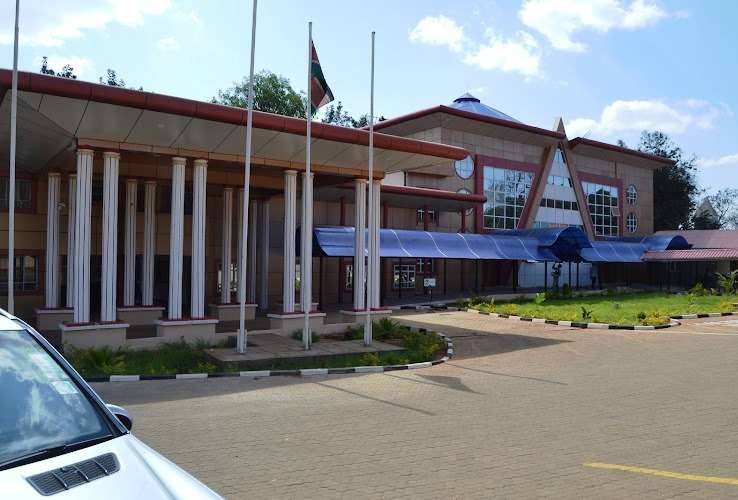While Gachagua embarked on his high-profile foreign tour, key opposition figures back home, including Kalonzo Musyoka, Martha Karua, David Maraga, Eugene Wamalwa, and Fred Matiang’i, appeared to have taken a back seat. Their conspicuous silence has prompted speculation that the opposition might be subtly positioning Gachagua as a de facto leader, given that political activity appeared to stall in his absence. Notably, Matiang’i was recently seen meeting Gachagua in the US, raising further questions about the opposition’s strategy and cohesion.
However, the spotlight has now turned to Gachagua himself, with analysts arguing that he has committed a series of strategic political and diplomatic blunders that may weaken his standing both within the opposition and among Kenyans living abroad.
One of the primary criticisms is his apparent failure to project himself as a unifying national figure. Rather than engaging widely with the Kenyan diaspora, Gachagua has focused his outreach efforts predominantly on the Kikuyu community, thereby reinforcing the perception that he remains a regional rather than national leader. All his events were centred on the interests of the Mount Kenya region, sidelining other ethnic communities and undermining his image as an inclusive statesman.
This approach, critics argue, has reduced his national appeal and cast him more as a tribal chieftain than a credible contender for the presidency. His frequent use of ethnically charged messaging, particularly the emphasis on a “one-term” slogan aimed at unseating President Ruto, has done little to expand his political base.
Moreover, Gachagua has been accused of overlooking key diaspora issues such as voting rights and bilateral relations. Analysts see this as a significant oversight, particularly for someone with presidential ambitions. It also points to a lack of strategic foresight on the part of his advisory team.
Equally troubling to opposition insiders is Gachagua’s apparent reluctance to work collaboratively. In championing his Democratic Congress Party (DCP), he has largely sidelined fellow opposition leaders, offering little in the way of a unified front or shared political vision. His public statements have focused almost exclusively on his political ambitions, with scant reference to ongoing efforts to present a single opposition presidential candidate.
Sources close to the opposition report growing unease over Gachagua’s increasingly solo campaign style, which is viewed by some as self-serving. In sum, while the US visit could have served as a platform to project leadership on the international stage, it has instead exposed serious shortcomings in both strategic vision and execution.
Unless Gachagua recalibrates his approach to be more inclusive and strategically grounded, analysts warn that the trip may ultimately do more harm than good to his political prospects.
[/full]





